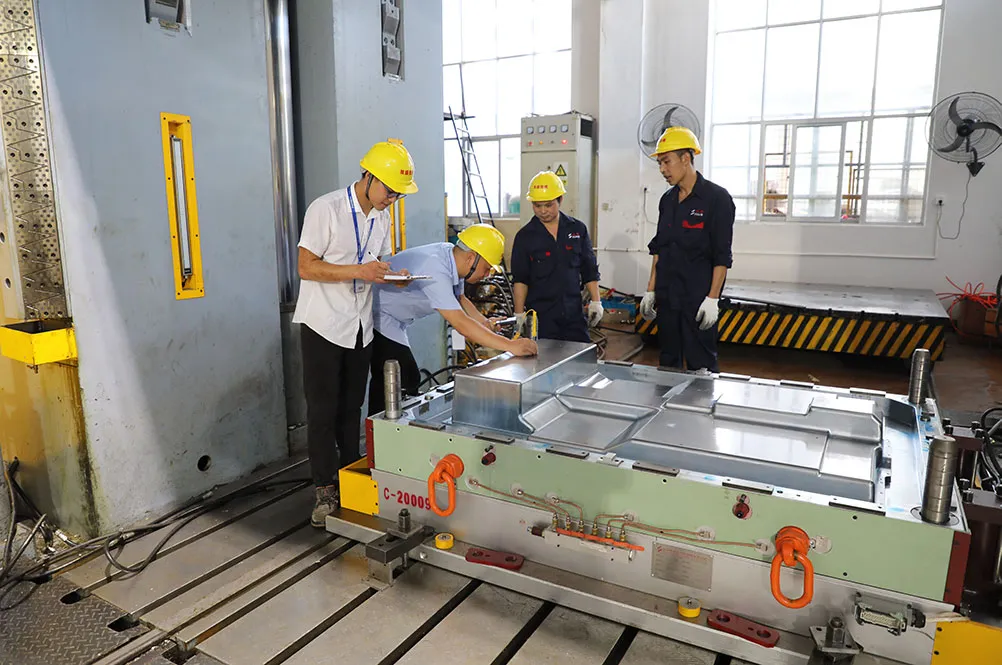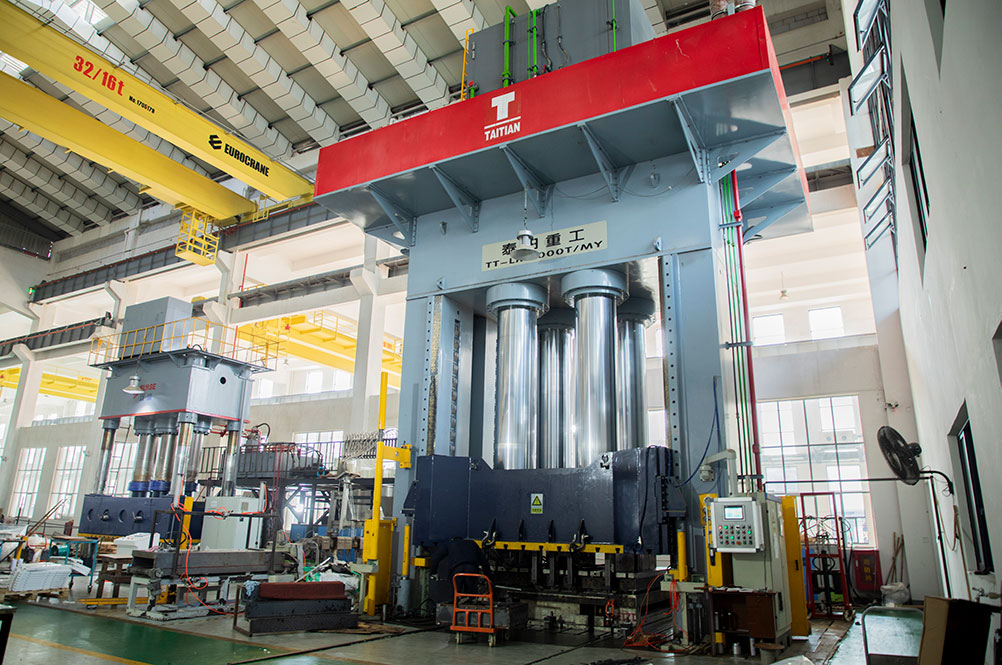Sheet Molding Compound (SMC):
SMC is a high-strength composite material made by combining thermosetting resins, reinforcing fibers, and fillers. The mixture is formed into thin sheets, which are then cured under heat and pressure to create rigid, dimensionally stable parts. SMC typically contains glass fibers as reinforcement, although other fibers such as carbon or aramid may also be used.

Key characteristics of SMC include:
- High Strength: SMC offers exceptional strength-to-weight ratio, making it suitable for structural components in automotive bodies, electrical enclosures, and infrastructure applications.
- Corrosion Resistance: The resin matrix used in SMC provides excellent resistance to chemicals, moisture, and environmental factors, ensuring long-term durability.
- Design Flexibility: SMC can be molded into complex shapes with tight tolerances, allowing for intricate designs and integration of features such as ribs, bosses, and mounting points.
- Thermal Stability: SMC exhibits good thermal insulation properties and dimensional stability over a wide temperature range, making it suitable for both indoor and outdoor applications.
Common applications of SMC include automotive body panels, truck cabs, electrical housings, and building facades.

Bulk Molding Compound (BMC):
BMC is similar to SMC but is processed in a bulk form rather than as thin sheets. It is composed of thermosetting resins, reinforcing fibers, and fillers, which are mixed into a thick paste-like consistency. The BMC mixture is then injected into molds and cured under heat and pressure to produce finished parts.
Key characteristics of BMC include:
- Flowability: BMC's low viscosity allows it to flow easily into intricate mold cavities, making it suitable for complex geometries and thin-walled parts.
- Dimensional Stability: BMC parts exhibit minimal shrinkage and warpage during curing, ensuring tight tolerances and consistent part dimensions.
- Electrical Insulation: BMC offers excellent electrical insulation properties, making it ideal for electrical and electronic applications such as switchgear components and insulating bushings.
- Chemical Resistance: BMC resists a wide range of chemicals, making it suitable for use in harsh environments such as chemical processing plants and marine applications.
Common applications of BMC include electrical connectors, appliance housings, automotive under-the-hood components, and industrial enclosures.
In summary, SMC and BMC are versatile composite materials prized for their strength, durability, and design flexibility. Their unique properties make them indispensable in a wide range of industries, where lightweight and high-performance components are essential for modern engineering applications.
